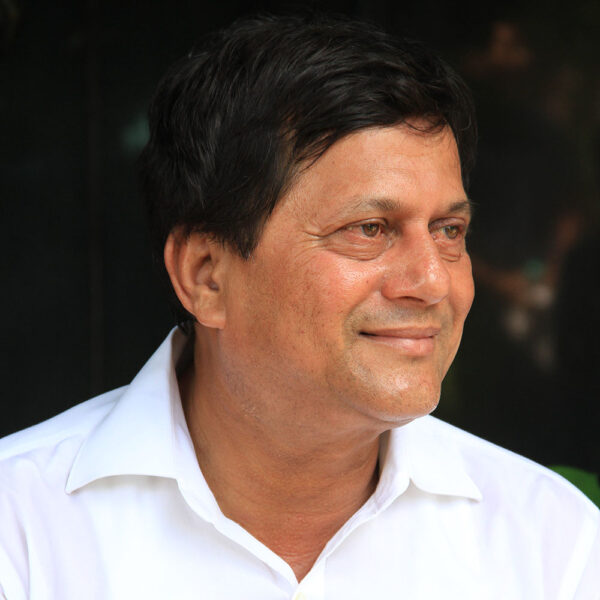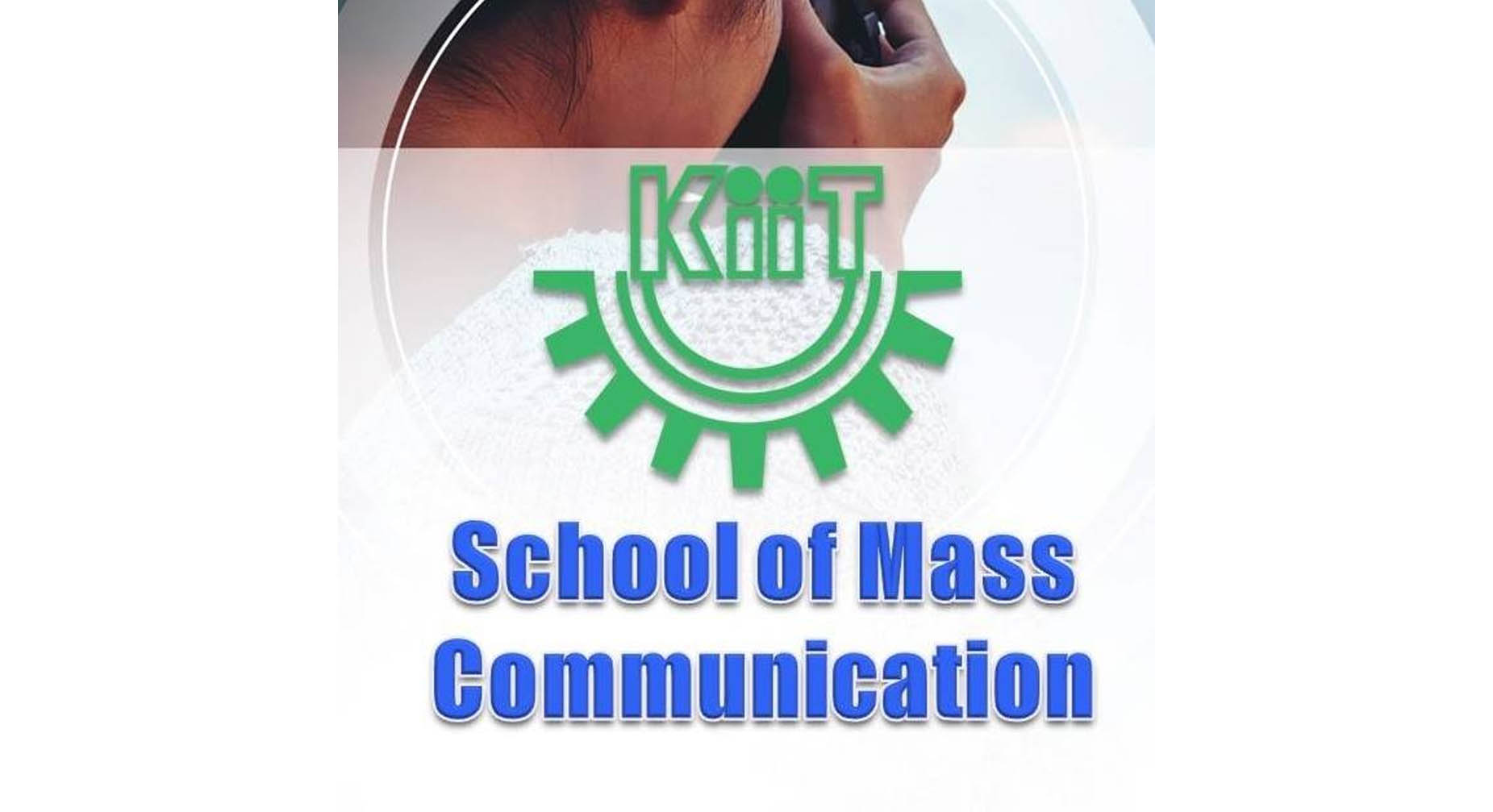Seven eminent professors from nationally and internationally reputed universities and institutes like London School of Economics and Political Science (LSE), London; Tata Institute of Social Sciences (TISS), Mumbai; University of Hyderabad (UoH), Hyderabad; Banaras Hindu University (BHU), Varansi; Surendranath College for Women of Calcutta University (CU), Kolkata and Indian Institute of Management (IIM) Kashipur delivered talks in the school-level faculty development programme (FDP) of School of Mass Communication, KIIT Deemed University during 24 and 27 June 2020.
On 24th June, Prof Sisir Basu delivered the first talk – “Reporting, writing and presenting online”. Prof Basu, a doctorate from University of Philippines, Manila is an eminent academician of Media and Communication Studies in India. He is a senior professor in the Department of Journalism and Mass Communication, BHU. During his talk he distinguished between advantages and disadvantages between conventional and non-conventional teaching systems. He suggested to use the positive factors of non-conventional teaching methodology.
Prof Usha Raman delivered the second talk of FDP – “Keeping students engaged online” on 25 June. Prof Raman, a doctorate from University of Pittsburgh, USA and the author of Writing for the Media (2009) by Oxford University Press, is an eminent academician of Communication Studies. She is a senior professor in the Department of Communication, UoH. She discussed online teaching pedagogy and shared her experiences in the last three decades.
Prof Shakuntal Banaji from the Department of Media and Communication, LSE delivered the third talk of FDP on “Participatory pedagogy for a digital interface: Building voice and criticality” on 25 June. Internationally acclaimed academician and researcher Prof Banaji has a long experience in the field of media studies and media research. She has written and edited a few books individually as well as co-authored namely Reading Bollywood (Palgrave Macmillan, 2006), South Asian Media Cultures (Anthem Press, 2011), The Civic Web (MIT Press, 2013), Youth Participation in Democratic Life (Palgrave Macmillan, 2016), Children and Media in India (Routledge, 2017), and Youth Active Citizenship in Europe (Palgrave MacMillan, 2020).
Dr Uma Shankar Pandey, delivered the fourth talk of FDP – “Using Open Broadcaster Software (OBS) online classes” on 26 June. Dr Pandey, a doctorate from Calcutta University, is a well known young and dynamic academician in the country. It was a great session to know how faculty members not only can teach OBS but also use it for MOOC.
The fifth talk – “Moving production courses online” is delivered by Prof Vasuki Belavadi from Department of Communication, UoH on 26 June. Prof Belavadi is one of the members of UNESCO Chair on Community Media at University of Hyderabad. He is an internationally repute trainer on video production and his book Video Production published by Oxford University Press (2013) is considered as the text book across South Asia. Prof Belavadi stressed upon learning good storytelling skills over learning technology during online courses.
The sixth and seventh talks of the FDP were delivered by Prof Anjali Monteiro and Prof K P Jayasankar from School of Media and Cultural Studies, TISS on 27 June. Prof Monteiro and Prof Jayasankar delivered the talk on “Writing scripts online”. They also shared their 3 decades of teaching experiences and best practices at TISS. Prof Monteiro and Prof Jayasankar are not only eminent academicians but also renowned documentary film-makers. Their book A fly in the curry: Independent documentary film in India (Sage, 2015) enriches the documentary study in India.
The eighth session – “Ensuring equity of access during online teaching-learning session” was delivered by Prof K M Baharul Islam on 27 June. Prof Islam is presently Dean (Academics) at IIM Kashipur. He was recently the fellow at Indian Institute of Advanced Study (IIAS), Shimla.
All the sessions were introduced by Dr Bidu Bhusan Dash, the course coordinator of School of Mass Communication and faculty members – Ms Ruby Nanda, Dr Anurag Sahu and Mr Souptik Garai gave vote of thanks in various sessions. Faculty members of School of Mass Communication, School of Fashion Technology and School of Film and Media Sciences attended the sessions.


